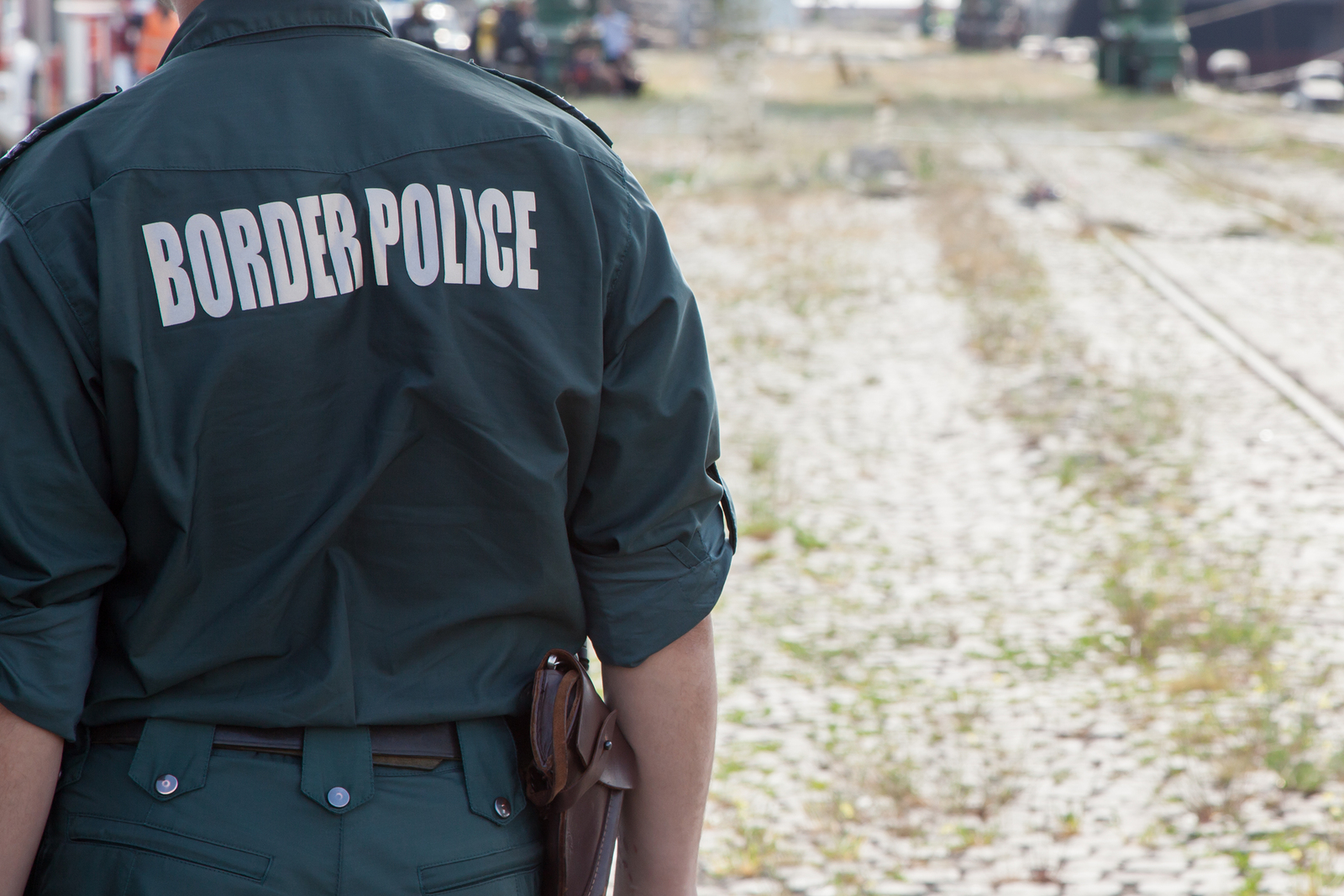Local Law Firm Is Helping Schools Obstruct ICE

The law firm that represented Manchester public schools in a lawsuit over its policy of keeping students’ gender-related behavior secret from parents is now involved in another controversy: helping public schools in Maine obstruct immigration law enforcement.
The Maine Wire reported this week about a memo sent to Maine school districts from lawyers with law firm Drummond Woodsum detailing ways to legally stymie federal agents searching for people in the country illegally. Among their suggestions: destroy school records if necessary.
Drummond Woodsum has offices in Portland, Maine as well as Manchester and Lebanon, N.H. According to its website, the firm represents several public school districts in the Granite State.
In its “Immigration Client Alert” distributed on Jan. 21, Drummond Woodsum advised, “School officials should generate a plan for what to do if immigration officials seek to conduct activities at school, and provide appropriate training to those who may come in contact with officials.”
Among the legal tips is the advice to destroy certain student records that include information on students’ U.S. citizenship, nationality, country of birth, U.S. entry date, the date a student first attended school, or the immigration status of the student or their parents or guardians.
“[T]his information should not be stored as part of a student’s education record and should be destroyed as soon as it is no longer needed,” the memo states.
Drummond Woodsum is a major firm in New England with offices in Maine and New Hampshire. It represents many cities, towns, and school districts throughout the two states. Representatives for Drummond Woodsum did not respond to NHJournal’s request for comment, but public documents show it has represented the Timberlane Regional School District and SAU55 (Hampstead), as well as Manchester.
Perhaps the firm’s most famous school district case was its successful defense of the Manchester School District’s policy of hiding information about student’s behavior from parents who requested it. When a mother asked if her child was using a different gender identity at school, Manchester administrators told her she was not allowed to know.
The Drummond Woodsum attorney representing the school, Meghan Glynn, argued if parents didn’t like being left in the dark, “they can homeschool, or they can send their child to a private school.”
Meanwhile, some Granite State public schools are already preparing for the possibility that the Trump administration’s immigration enforcement efforts may come to their campuses.
“I know the schools are all getting prepared just in case,” said Eva Castillo, director of the New Hampshire Alliance for Immigrants and Refugees.
President Donald Trump’s flurry of executive orders includes a move to reverse the prohibition on agents with Immigration and Customs Enforcement and Customs and Border Protection from arresting people in sensitive areas like schools, churches, and hospitals.
“They were sensitive areas before, schools, churches and hospitals. [ICE] had the authority to go in but, discretionarily, did not. Now they have the green light to do it,” Castillo said.
Many organizations focused on refugees and immigrants throughout New Hampshire are seeking legal advice on what to do if ICE agents show up, she said. The second Trump term has ushered in an era in which people in the country illegally, and the groups that assist them, need to be careful, she said.
“After hearing all the campaign promises, yes, I think that’s the new normal,” Castillo said.
Member churches in the New Hampshire Council of Churches are also seeking legal advice to help illegal aliens remain in New Hampshire, said Executive Director Lisa Beaudoin.
“We represent seven denominations and each are seeking legal advice and looking to their [advocates] for directions should ICE knock on their doors. Different churches are preparing as events unfold,” she said.
The council is made up of members from the Episcopal Church, Evangelical Lutheran Church, Presbyterian Church, Quaker Society of Friends, United Church of Christ, United Methodist Church, and the Unitarian Universalist Association.
“We have an explicit duty to protect and care for those in need, including caring for strangers,” Beaudoin said.
Between 11 and 20 million illegal aliens are believed to be in the U.S., and irregular immigration — illegal border crossings and unfounded asylum claims — hit new records during the Biden administration. At one point, there were more than 12,000 border crossings a day during Biden’s presidency.
In the first week of the Trump administration, that number fell to fewer than 600.
Though there have not been any enforcement actions in the Granite State, Castillo says the effects are being felt here. A business owner in an immigrant community told Castillo customers are too afraid to leave their houses now and business is hurting.
“It affects the whole community. It’s not only the immigrants who suffer,” Castillo said.
Beaudoin worries that children will stop going to school, and people will stop going to church as they fear potential arrest.
“People will disappear,” Beaudoin said.
Supporters of immigration enforcement say people in the U.S. illegally should take actions to resolve the issue, like returning to their home countries and getting in line with those waiting to come to the U.S. legally.
Trump’s Department of Justice has signaled it will go after local government officials who try to thwart his immigration plans, according to a memo released last week.
“Laws and actions that threaten to impede Executive Branch immigration initiatives, including by prohibiting disclosures of information to federal authorities engaged in immigration enforcement activities, threaten public safety and national security. The Civil Division shall work with the newly established Sanctuary Cities Enforcement Working Group. within the Office of the Associate Attorney General, to identify state and local laws, policies, and activities that are inconsistent with Executive Branch immigration initiatives and, where appropriate, to take legal action to challenge such laws,” the memo states.




